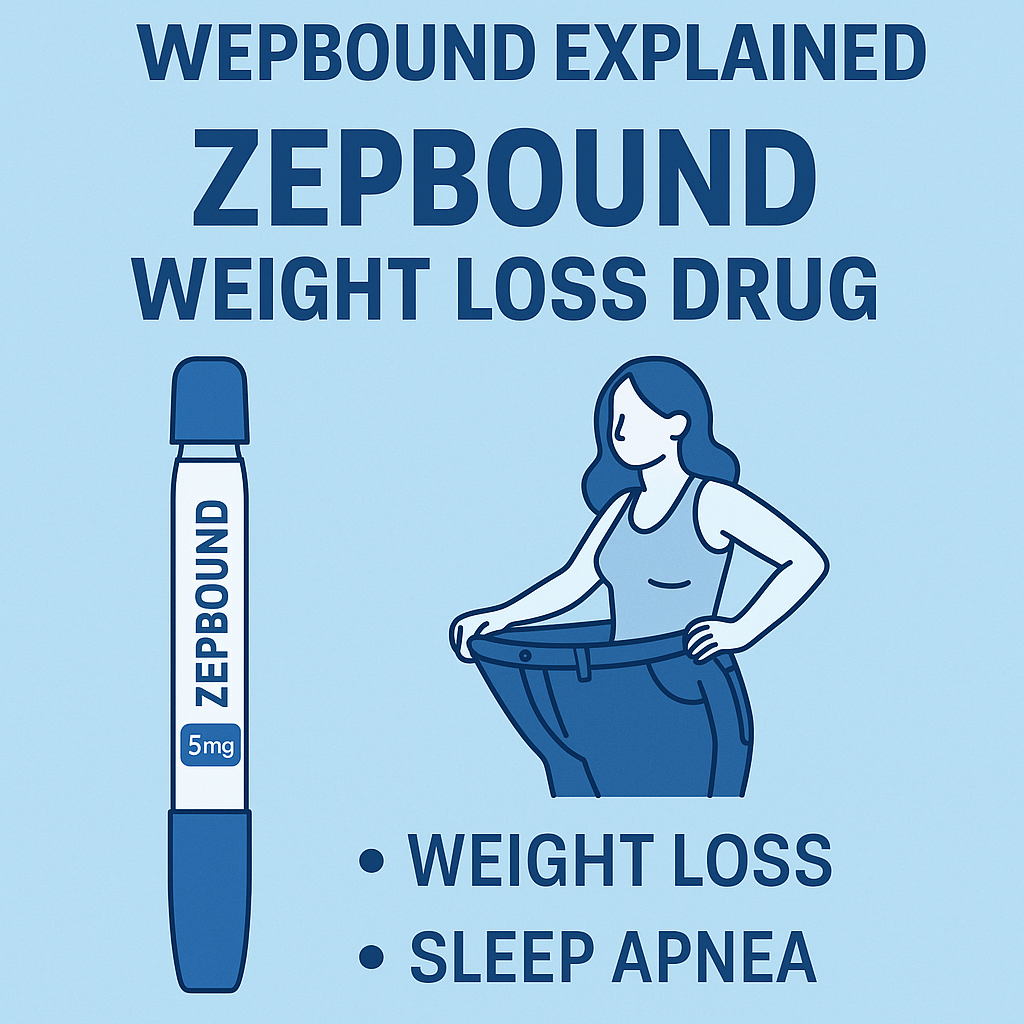Understanding the Connection Between Mental Health and Addiction
Addiction is rarely just about the substance; it often masks deeper, unspoken struggles with mental health disorders like anxiety, bipolar disorder, or depression. When these conditions occur together, they create a complicated web known as co-occurring disorders. Left untreated, one can quietly fuel the other, making recovery feel impossible. So, how do we untangle this connection, and what does it mean for those seeking real, lasting healing?
The Overlap Between Addiction and Mental Health
According to the Substance Abuse and Mental Health Services Administration (SAMHSA), nearly half of those with a substance use disorder also have a mental illness. These individuals face what are called co-occurring conditions, where mental illness and substance use happen together, either simultaneously or one after the other. Often, one condition makes the other worse.
For instance, someone with an untreated anxiety disorder may turn to alcohol or drugs to self-medicate, attempting to numb their symptoms. Conversely, prolonged drug abuse can trigger symptoms of mental health problems, such as paranoia, depression, or panic attacks. This interplay creates a vicious cycle that’s hard to break without targeted, integrated treatment.
Why Co-Occurring Disorders Are More Common Than You Think
Co-occurring disorders are not rare; they are a major public health issue. Research shows that certain mental disorders, like mood disorders, bipolar disorder, and anxiety disorders, are especially likely to appear alongside substance abuse. This isn’t a coincidence. Both addiction and mental illness share similar biological, psychological, and environmental risk factors like genetics, trauma, and chronic stress.
Additionally, the American Psychiatric Association notes that the brain’s reward system plays a crucial role. Mental illness can change brain chemistry, altering decision-making and increasing the risk of developing unhealthy coping mechanisms like substance use. Over time, this can escalate into full-blown drug addiction or alcohol use disorder.
How Substance Use Impacts Mental Health
Substance use, particularly long-term drug use or opioid use disorder, can severely disrupt emotional well-being. It often exacerbates mental health issues, creating a loop where both conditions reinforce each other. For example:
Moreover, the same effects that make drugs feel like a temporary solution euphoria, and numbing of pain are the ones that lead to dependency, tolerance, and eventually, addiction.
Integrated Care: The Gold Standard in Treatment
Traditional treatment programs used to separate addiction from mental illness, but we now know that’s ineffective. Today, the most promising approach is integrated care, which treats co-occurring substance and mental disorders at the same time. Rather than addressing one issue and ignoring the other, integrated treatment sees the whole person.
This often includes:
Effective treatment plans may also incorporate contingency management, self-help techniques, and decision-making coaching to help individuals build resilience and prevent relapse.
Treating Co-Occurring Disorders
One of the key principles in managing co-occurring disorders is that both conditions must be treated simultaneously. Ignoring either the mental health problem or the addiction leads to a greater risk of relapse, hospitalization, or even death. Individuals recovering from drug addiction often cite untreated mental health concerns as a major barrier to sobriety.
This is especially true for those dealing with bipolar disorder or anxiety disorders, where intense mood swings or constant worry can derail progress unless properly managed.
Why Some Individuals Are at Increased Risk
There are many reasons why some people are at a greater risk of developing both addiction and mental health issues. Common contributing factors include:
The National Institute on Drug Abuse (NIDA) emphasizes the importance of early intervention in these high-risk groups to improve health outcomes and prevent escalation.
Getting Help Through Disorder Treatment and Support Programs
If you or a loved one is showing signs of mental health issues or substance abuse, don’t wait. Seeking help from trained health professionals can be life-changing. Today, many treatment options are available, from inpatient rehab to outpatient therapy and community-based support groups.
If location matters, consider exploring options like a reputabledrug rehab center in Massachusetts that offers integrated care tailored to your specific needs. Whether you’re dealing with alcohol use disorder, prescription medication misuse, or long-term mental health conditions, a strong support system is critical for recovery.
Moving Forward With Hope
Recovering from co-occurring conditions isn’t easy, but it is possible. With the right treatment plan, compassionate care, and evidence-based therapies, individuals can break the cycle of mental illness and drug addiction. More importantly, they can reclaim their lives, reconnect with family members, and find healthier ways to manage life’s challenges.
Ultimately, understanding addiction means understanding that it’s not just about willpower or bad decisions; it’s a health issue deeply rooted in emotional, psychological, and physiological struggles. Addressing both the mental health condition and the substance issue offers the best path toward healing and a brighter, more stable future.







